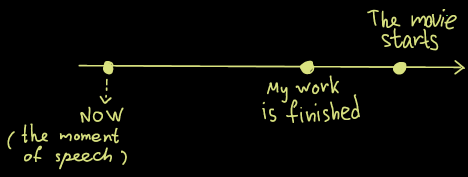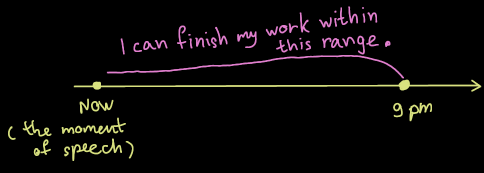I've come across this:
Sometimes, you can use the future perfect tense and the simple future tense interchangeably. In these two sentences, there is no real difference in meaning because the word before makes the sequence of events clear:
Linda will leave before you get there. Linda will have left before you get there.
But without prepositions such as before or by the time that make the sequence of events clear, you need to use the future perfect to show what happened first.
That means: "Mary will leave by the time you get there." is equal to "Mary will have left by the time you get there."
So, is the source correct?


